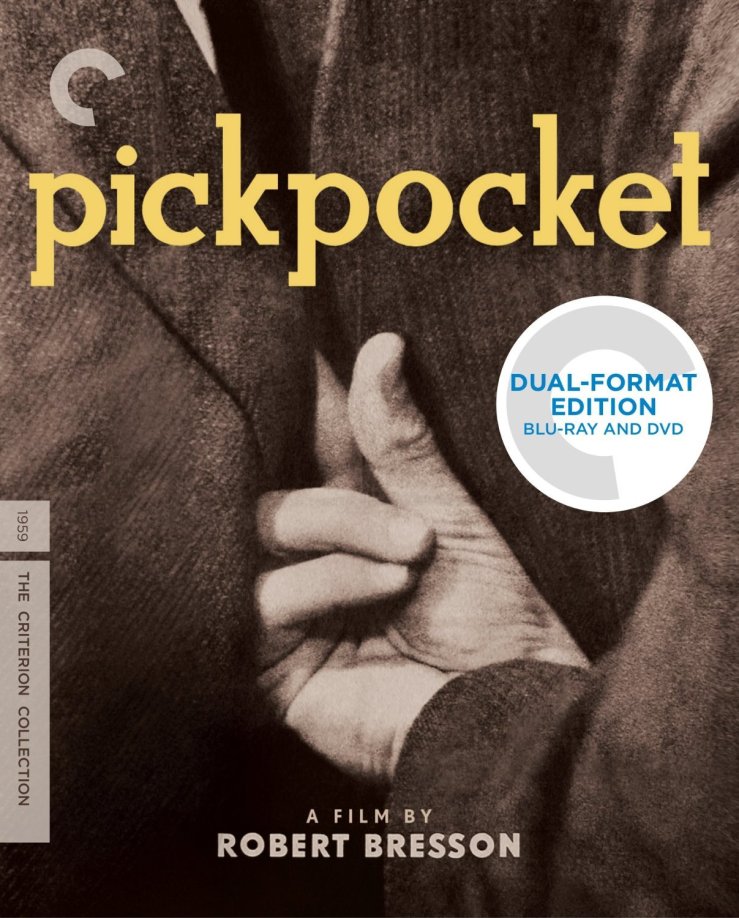
As the screenwriter of Martin Scorsese’s masterpiece “Taxi Driver”, Paul Schrader was deeply influenced by Robert Bresson’s film “Pickpocket”. So it’s quite obviously to feel the closed treatment of character’s emotions. Similarly, “Xiao Wu”, Jia Zhangke’s first full-length film, also paid tribute to “Pickpocket”. Simple and plain filming style as well as sober and real story structure constituted into the success of the film.
Back to the film “American Gigolo”, which was both directed and written by Paul Schrader, this neo-noir film was almost the duplicate of “Pickpocket”. Pretty different from the latter, which was famous for its simplicity and plainness, inside “American Gigolo” was full of external experience and sensual pleasures. And these elements provided the director with a bigger dramaticism and a wider comparison. It’s hard to say whether this was a petty trick or not, but the salute ending had gained the same relief and redemption as the former without a doubt.
*The film criticism was written by Simplified Chinese at first (which is my mother tongue), then I translated into English for your reading convenience. And down there is the original version.
保罗·施拉德作为马丁·斯科塞斯的代表作《出租车司机》的编剧,他在创作剧本时深受罗贝尔·布莱松的《扒手》的影响,因此在其中可以非常明显的体验到人物情感封闭性的处理;与之类似的,贾樟柯的首部长片《小武》也曾向《扒手》致敬,简约朴素的拍摄风格与冷静现实的故事架构成为了电影成功的关键所在。
再次回到保罗·施拉德自编自导的《美国舞男》,这部新黑色电影几乎是《扒手》的好莱坞式翻版。不同以往之处在于后者一改简约朴素之感,整部影片充斥这声色犬马的外在感官体验。这就给导演提供了一个更大的戏剧化与对比度,很难判断这是否是讨巧之举;然而,致敬性结局同样无疑获得了同样的救赎与释放。